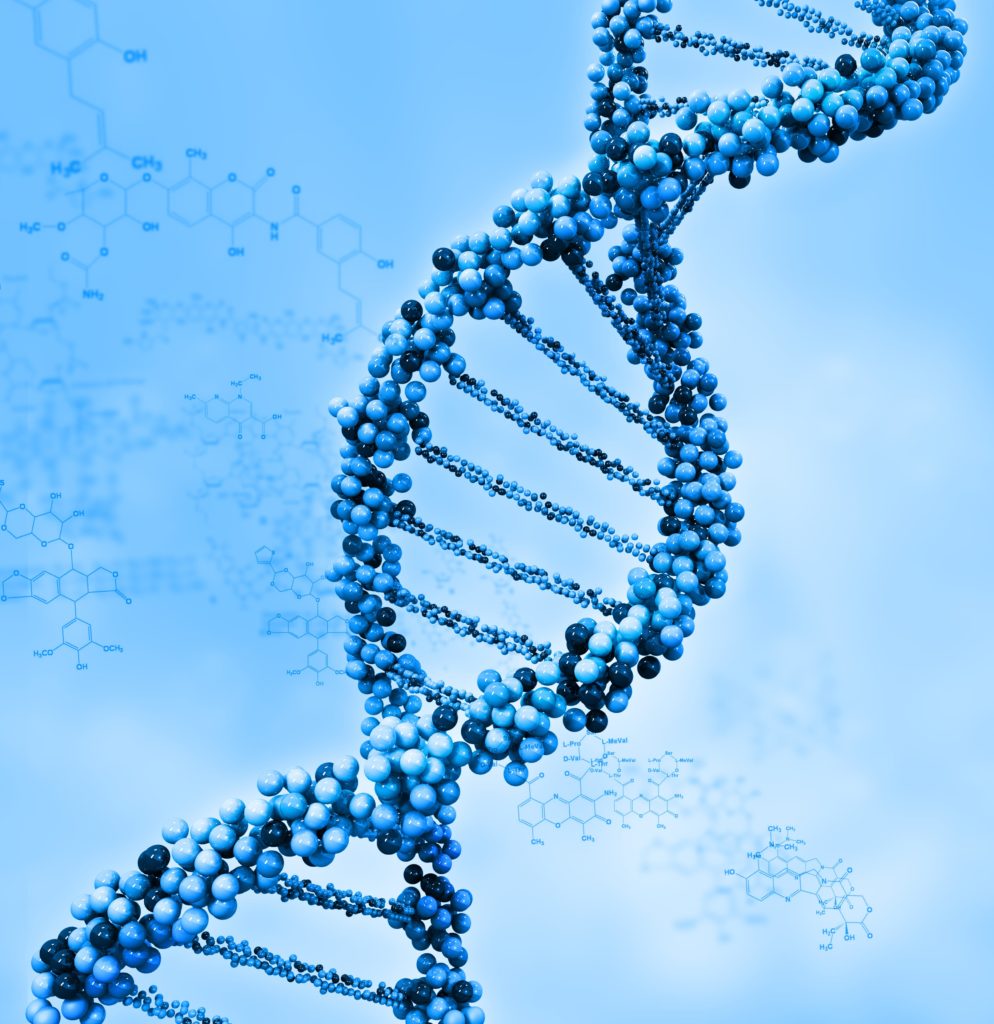New mothers and infants are associated with feelings of excitement, joy and love. But for those mothers who suffer from postpartum depression, childbirth can also mean mental health issues that overshadow child rearing, and share similarities to post-traumatic stress disorder (PTSD). Studies have proven that 44 percent of trauma sufferers develop depression a month after the trauma occurred. A notable percentage of women who experience difficult pregnancies, childbirth or a fear of both have a higher risk or developing PTSD and postpartum depression.
Possible consequences of postpartum depression:
- Less mother-child bonding
- Children may develop attachment, cognitive, behavioral and emotional problems
- The mother is not mentally and physically able to care for infant
- Children may be less likely to self soothe
- Children are less likely to socially interact with others.
How to recognize signs and symptoms of postpartum depression:
- Know the signs. Loss of appetite, fatigue, trouble sleeping, mood swings, irritability, crying and decreased concentration.
- Talk about it. If you think you may be experiencing postpartum or have a loved one you believe may be suffering, it is important to address it. Some women do not bring it up for fear of being judged or feeling shamed. It is important to know that these feelings are very common.
- Get professional help. There are many resources available. OB/GYNs are a great place to start because they are becoming informed about postpartum mental health issues. They will also be well informed on referring to other professionals for counseling and medication purposes.
- Seek help from family and friends. Depression and lows can be brought on by an overwhelming feeling of stress. Asking friends and family for help is encouraged. Having family visit to hold the baby while mothers shower or go for a walk will help lessen the stress of having a new baby. Accept gifts of cooked meals, cleaning or completing other responsibilities like picking up other children from school. Getting adequate support for you and caring for the baby are essential in relieving stress.






